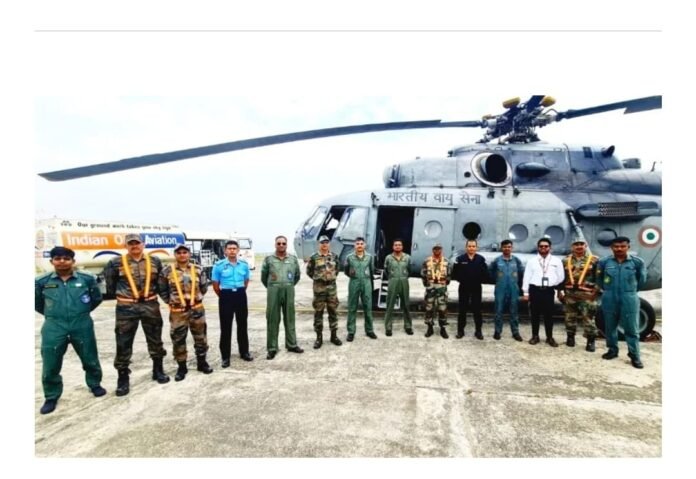The recent eruption of violence in Manipur has thrown the state into turmoil, leading to a severe crisis in the availability of fuel and other essential commodities. This article delves into the challenges faced by Oil Marketing Companies (OMCs) in supplying fuel to the crisis-hit region. Security constraints have hindered the movement of employees and contract workers, while ethnic clashes have necessitated their evacuation for safety reasons. The disruption in the workforce and the evacuation measures have compounded the fuel shortage, creating significant hardships for the people of Manipur.
The volatile situation in Manipur has resulted in security constraints that impede the functioning of OMCs. Employees and contract workers have been unable to reach their respective installations due to the risks associated with the violence. The presence of armed conflicts and tensions has created an environment of fear and insecurity, making it challenging for personnel to carry out their duties.
As a result, OMCs have experienced a reduction in operational capacity, further exacerbating the fuel crisis in the state. The absence of key personnel has hindered the efficient functioning of fuel distribution networks, causing delays and disruptions in the supply chain.
To ensure the safety and well-being of their employees and contract workers, OMCs have been compelled to evacuate personnel from the affected areas. The ethnic clashes and violence have forced many individuals to flee their homes, including those associated with OMCs. While these evacuations are necessary for protecting lives, they have added to the complexities of the fuel supply chain.
Evacuations have resulted in a significant reduction in the available workforce, intensifying the challenges faced by OMCs in meeting the escalating demand for fuel. The lack of personnel has hindered the timely replenishment of fuel reserves and has disrupted the smooth functioning of critical installations and distribution centers.
The scarcity of fuel in Manipur has had far-reaching consequences on various aspects of daily life. The transportation sector has been severely affected, with disruptions in public transportation services such as buses and taxis. This has impeded the mobility of individuals, leading to inconvenience and hardships for the general population.
The shortage of fuel has also impacted essential services, including hospitals, emergency response teams, and government institutions. Power generation, agricultural activities, and commercial enterprises heavily reliant on fuel have also suffered setbacks, further exacerbating the economic and social impact of the crisis.
Authorities are actively working to restore normalcy in Manipur and ensure the resumption of essential services. Measures are being undertaken to address the security concerns and create a conducive environment for OMC employees and contract workers to safely return to their respective installations.
Collaborative initiatives between the government, security forces, and OMCs are being pursued to explore alternative routes and modes of transportation for replenishing the fuel reserves. These efforts aim to bypass security constraints and facilitate the supply of fuel to the crisis-hit areas.
The fuel crisis in Manipur, exacerbated by security constraints and workforce evacuations, continues to inflict hardships on the people and disrupt essential services. A concerted effort is needed to restore normalcy, enhance security measures, and promote dialogue among all stakeholders. Only through collaborative action can Manipur regain stability and ensure the uninterrupted supply of fuel and other vital resources.


